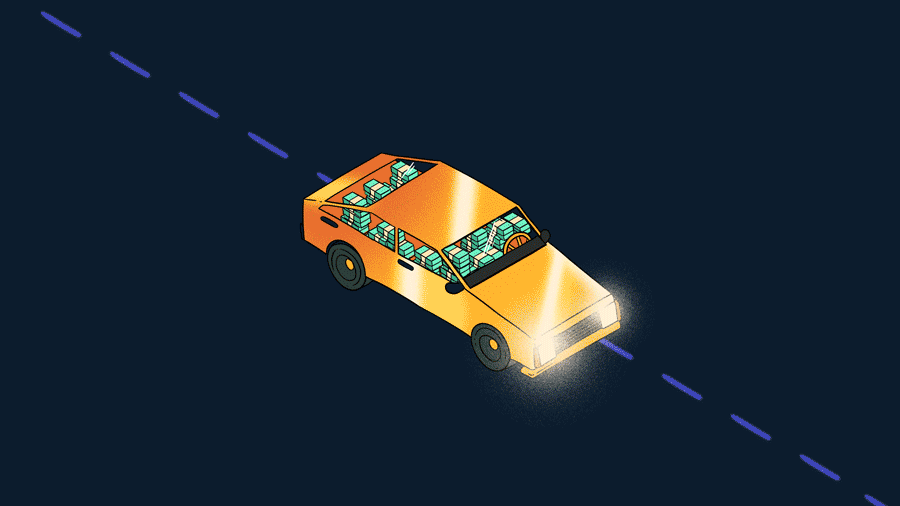Lidar sensors have long been hailed as a necessary cog in the forever growing autonomous machine world. The sensors help detect and perceive surroundings, which is key for autonomous objects from ground robots to self-driving cars.
Subscribe to the Crunchbase Daily
However, there have long been mixed thoughts on how important lidar truly is to an industry estimated to be worth trillions by 2050. Elon Musk, for example, claims anyone relying on lidar for autonomous vehicles is “doomed.” Some say that cameras and radars do the trick just fine.
And Crunchbase data suggests that venture capital investment in the sector could be matching that lukewarm sentiment.
Sensing A Dip
The chart below shows the trend of venture capital deals in the lidar. You can see that VCs may be putting money into the sector; however, so far in 2019, larger sums are being poured into fewer startups. This could mean that investors have finalized their bets on the ever-growing pool of lidar sensor companies. Some of the most well-funded companies in this category, which we wrote more about here, include CYNGYN and Innoviz. Lidar startup Ouster just scored $60 million a few months ago.

I caught up with Scott Burroughs, the co-founder and CEO of Sense Photonics, a startup that builds lidar sensors for robots and autonomous vehicles.
Burroughs said there are about 70 to 80 companies that have attempted to enter the lidar market. Some have succeeded, some have died because they can’t get venture capital, and some are in stealth, he said.
Citing companies like Innoviz Technologies, VeloDyne, and Ouster, he added that he thinks “only a handful of lidar companies will be around in a couple years.”
But for now, the sprouting of companies makes sense to him—the bar to enter is lower.
When he started the company two years ago, he said the focus was on long-range lidar. Now, he said, there are different segments within the automation market, as different types of sensors can be applied to varied use-cases, whether it’s night sight or cutting through the fog.
“It used to be mostly for highway driving,” now there are lots of other segments and different cost points, he said. “Some companies will succeed going after the easy ones” like facial recognition, for example.
Overall, Burroughs isn’t too worried about critics of lidar. He said 90 to 95 percent of professionals within the lidar industry know its worth. And for the nonbelievers? He believes lidar might be the final step between convincing someone to get into a self-driving vehicle or keep walking.

Stay up to date with recent funding rounds, acquisitions, and more with the Crunchbase Daily.


![Illustration of a unicorn with a green money background. [Dom Guzman]](https://news.crunchbase.com/wp-content/uploads/Unicorn_Money_v1-470x352.jpg)

![Illustration of a guy watering plants with a blocked hose - Global [Dom Guzman]](https://news.crunchbase.com/wp-content/uploads/quarterly-global-3-300x168.jpg)
67.1K Followers